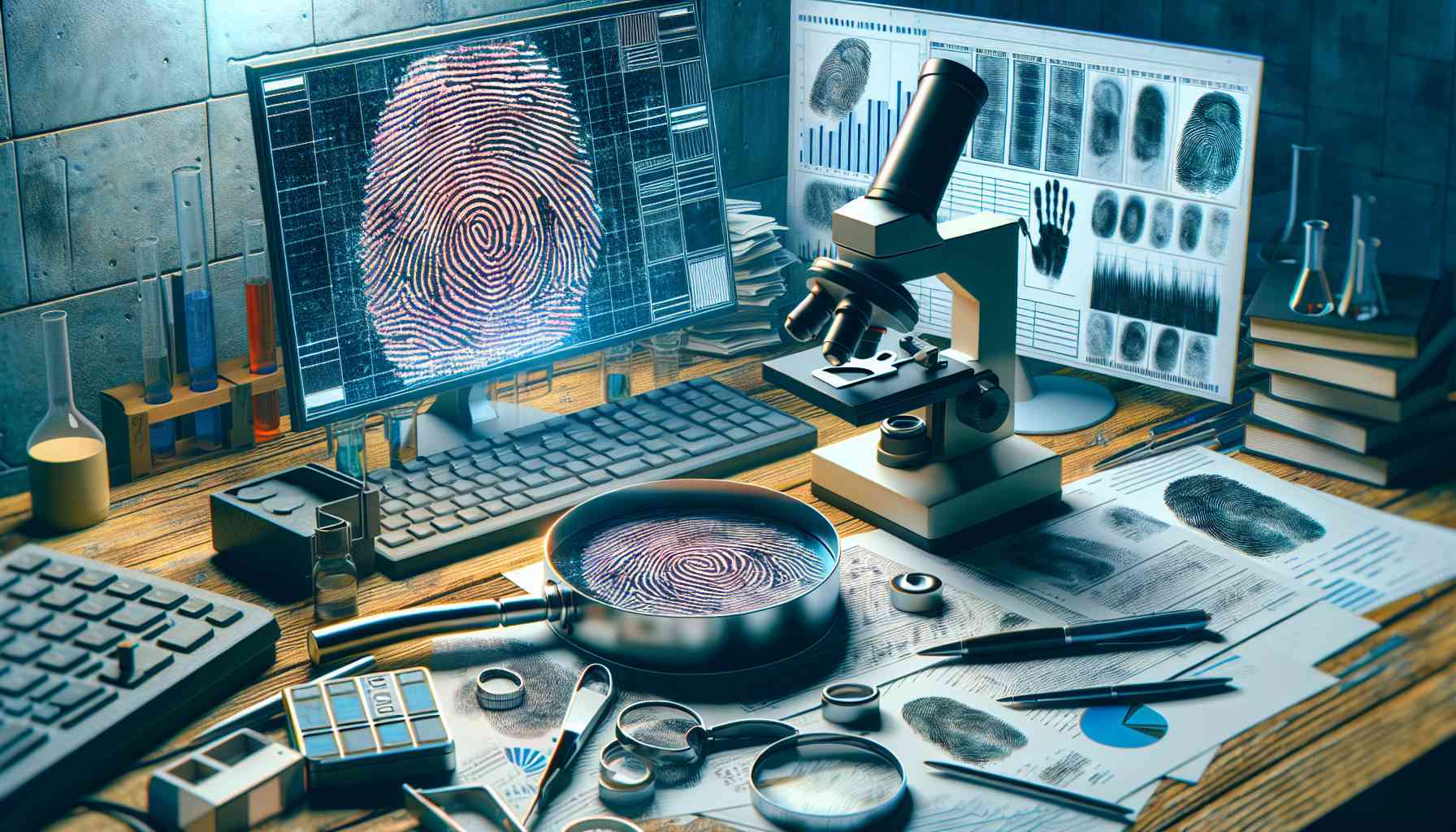Summary: A recent study conducted by researchers from Columbia University and the University of Buffalo challenges the long-held belief that every fingerprint is unique. The study, published in the journal Science Advances, utilized an artificial intelligence model to analyze a database of 60,000 fingerprints. The results showed that fingerprints from different fingers of the same person shared strong similarities, suggesting that fingerprints may not be as individualistic as previously thought. While there was initial pushback from the forensics community, the researchers persisted and were able to demonstrate that the angles and curvatures at the center of the fingerprint contribute to the similarities observed. The implications of this study could potentially impact criminal investigations, providing new leads for cold cases and reducing unnecessary investigations for innocent individuals.
Contrary to Previous Beliefs: The traditional method of fingerprint identification relies on analyzing distinct features called minutiae, such as branchings and endpoints in fingerprint ridges. However, this study suggests that while minutiae are effective for matching fingerprints, they may not be reliable for finding correlations among fingerprints from the same individual. By focusing on the center of the fingerprint and using an AI-based system, the researchers were able to identify similarities between fingerprints from different fingers. The team acknowledges potential biases in the data and recognizes the need for further validation using larger and more diverse databases.
Experts Weigh In: Some experts, who were not involved in the study, express skepticism about the significance of the findings. They argue that the correlation between fingerprints from the same person has long been known. However, the researchers argue that their study is the first to systematically quantify and utilize these similarities, specifically attributing them to the ridge orientation at the center of the fingerprint. They also emphasize that their automated system for matching fingerprints from different fingers of the same person is unprecedented.
Future Implications: The team behind the study is confident in their results and has made the AI code open-source for further scrutiny and verification. While some experts believe the practical utility of the study may be overstated, the potential impact on criminal investigations, particularly in cold cases, is significant. The ability to identify fingerprints from different fingers could provide new leads and help prevent unnecessary investigations. Further research and validation will be necessary to fully understand the implications and limitations of this study.
The source of the article is from the blog elektrischnederland.nl

